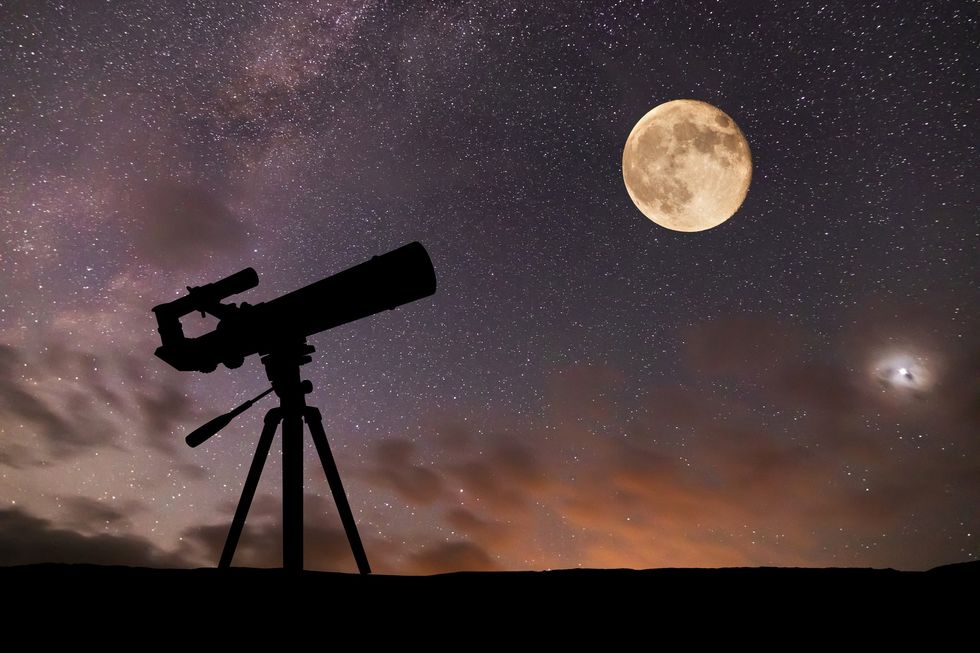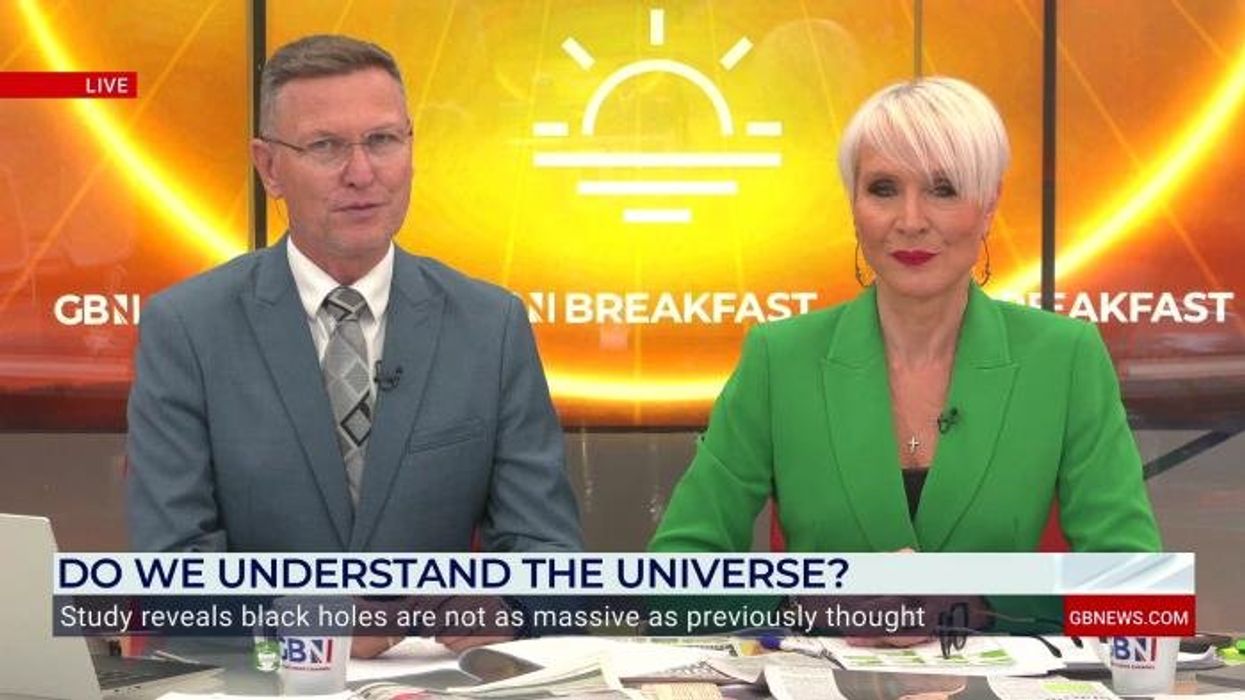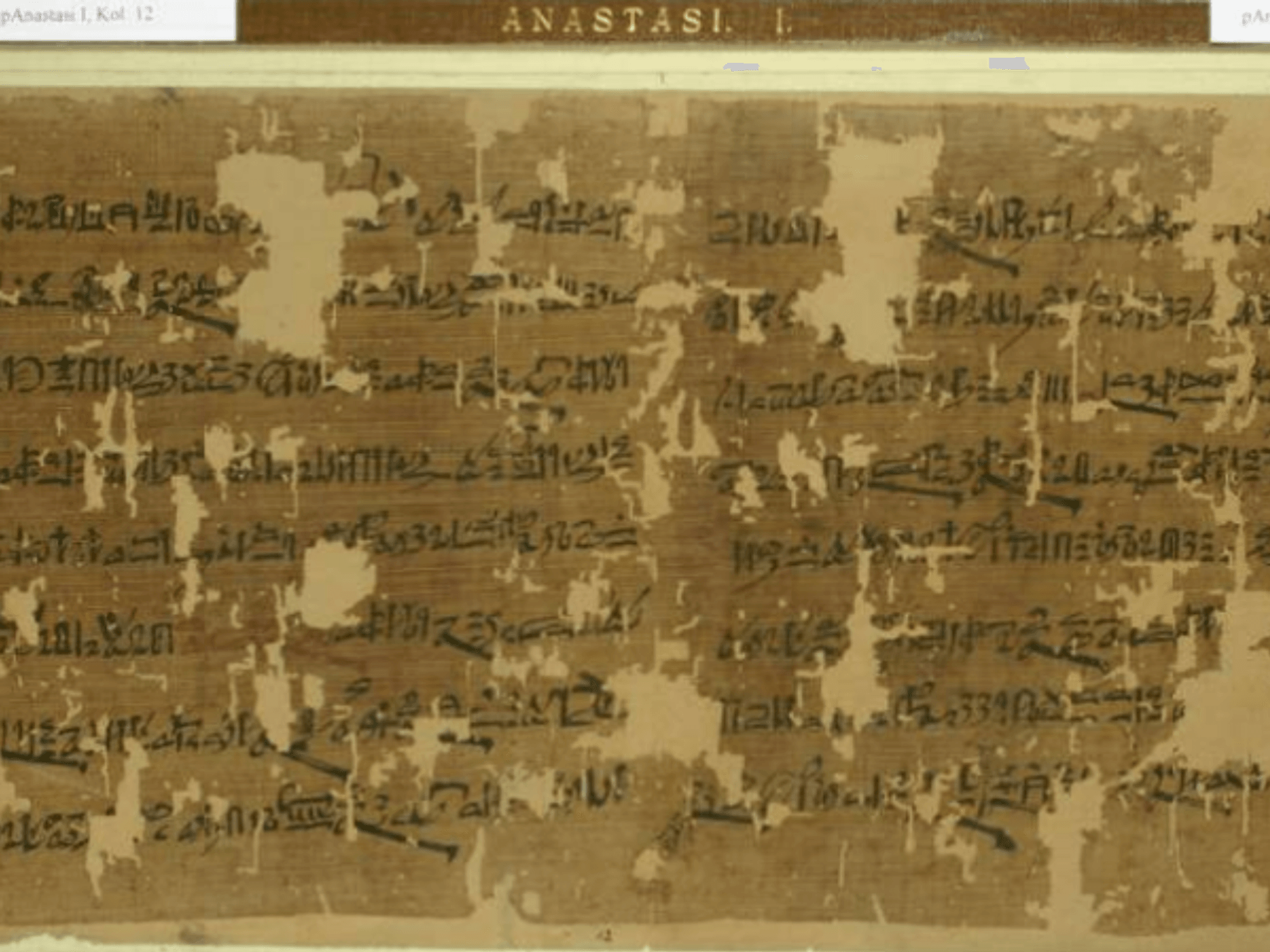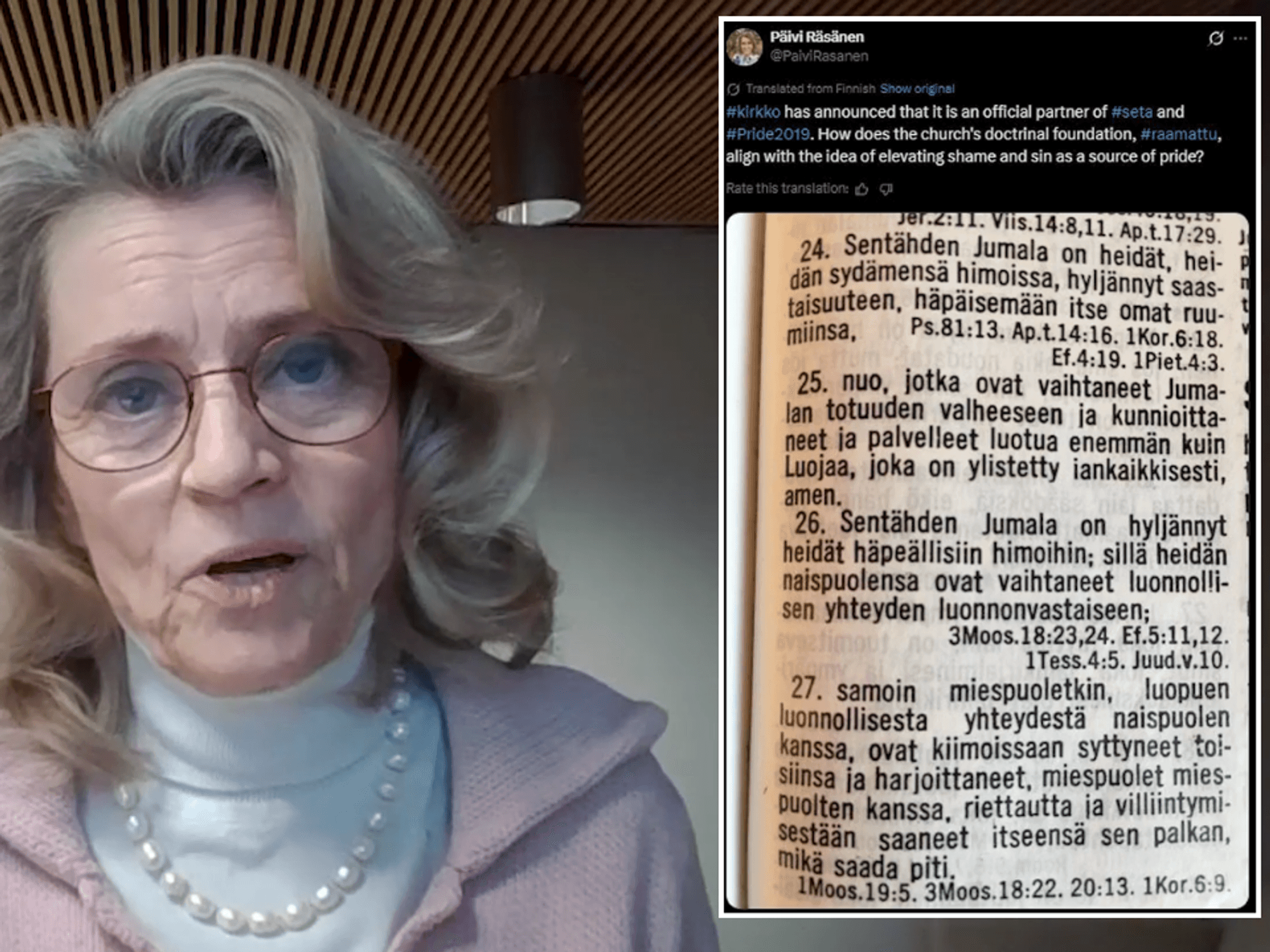Scientists unveil extraordinary new theory which could radically alter everything we know about space
Experts and academics said the study was thought-provoking
Don't Miss
Most Read
Scientists have unveiled an extraordinary new theory that aims to upend and challenge the commonly-held belief of space expansion.
The new research, which was published by Yonsei University in South Korea, argues the expansion of the universe is slowing down rather than speeding up.
Many believe the universe’s acceleration, attributed to a mysterious force known as dark energy, is pulling galaxies apart faster.
However, researchers believe the universe's expansion is halting, culminating in a “big crunch”.
TRENDING
Stories
Videos
Your Say
Professor Young-Wook Lee, who led the research, said: “If these results are confirmed, it would mark a major paradigm shift in cosmology, the largest since the discovery of dark energy 27 years ago.”
The researchers based their study on “type Ia supernovae” — exploding stars used to measure cosmic mileposts.
The explosions from the stars were believed to reach the same peak brightness wherever they occurred. But the new research argues that some supernovae are naturally dimmer than others.
In the 1990s, distant supernovae appeared faint, which led researchers to conclude that the universe’s expansion was accelerating.

Researchers believe that the universe's expansion is halting
| GETTYAuthors of the new study argue supernovae in younger galaxies are less bright than those in older ones, possibly because they contain more light-scattering dust.
When observing distant galaxies, humans look back in time, as the light from the galaxies takes billions of years to reach Earth.
The researchers said young supernovae, which are used to infer acceleration, may have been dimmer to begin with and are not necessarily further away.
The authors considered the “age effect” hypothesis, which is the idea that there might be an observational bias or an unexplained physical phenomenon related to the age of the universe that affects how researchers interpret cosmic observations.
LATEST DEVELOPMENTS

Baryonic acoustic oscillations (BAO) are the ripples in distributions of galaxies, left in the immediate aftermath of the Big Bang, and are used as a “standard ruler” for cosmic measures.
The combined analysis of both measures suggested that the universe has already moved into a state of decelerated expansion.
It finds that dark energy is changing and weakening, which contradicts the current leading theory of how the universe evolves.
The research suggests that rather than “heat death” — the belief that the universe will spread apart and result in all matter ceasing to exist — the universe will collapse into a dense singularity which could lead to another Big Bang.
Independent academics said the study — published in the Monthly Notices of the Royal Astronomical Society — was thought-provoking but urged caution.
Doctor Ed Macauley, a cosmologist at Queen Mary University, said the paper was important, saying: “It’s moving the needle in the same direction that other studies have been moving it for the past few years. It’s another piece of evidence that dark energy isn’t a simple cosmological constant.”
Professor Mark Sullivan, of the University of Southampton, told The Times: “This new paper suggests that the brightness of these supernovae depends on the age of the star that explodes. Because only younger stars existed in the earlier universe, this could mean that supernovae seen at large distances, and therefore earlier times, are systematically different from nearby ones.”
However, Sullivan noted that this effect has been accounted for in previous studies., adding: “What’s new here is the [size of the] proposed correction. I am very cautious, if not sceptical. This may well not be the appropriate methodology for the cosmological correction.”
Our Standards: The GB News Editorial Charter











